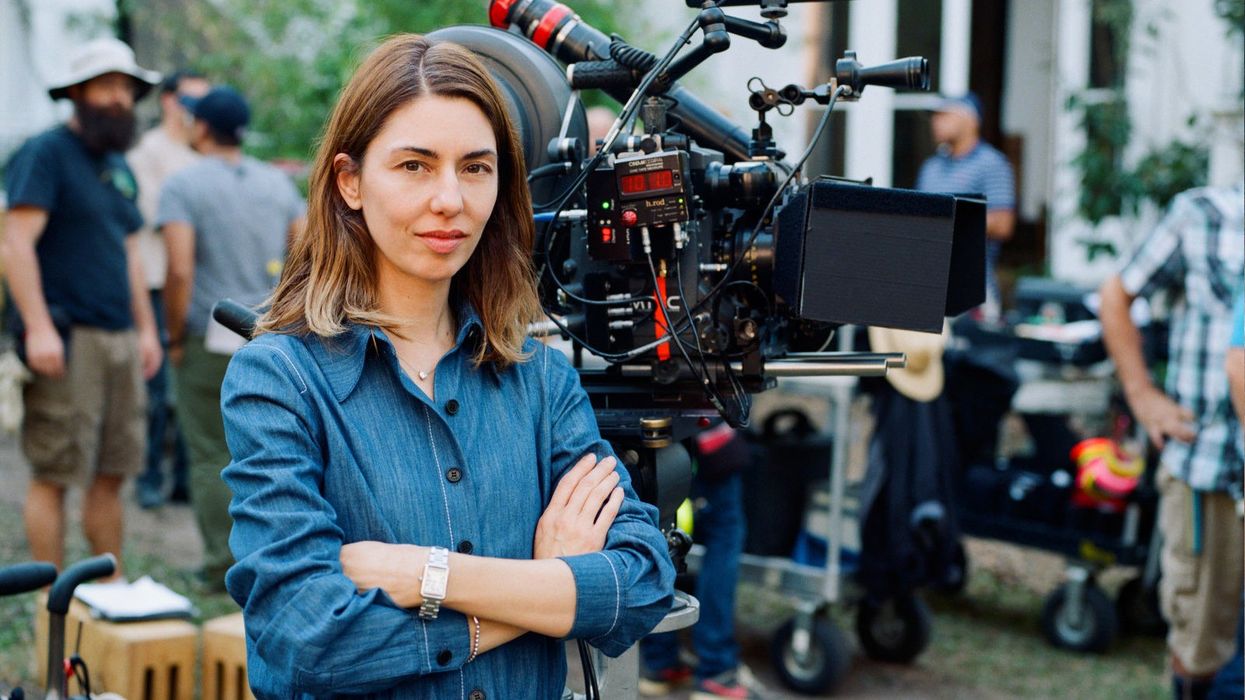5 Quotes from Sofia Coppola That Can Make You a Better Filmmaker
There is a lot to learn from one of the most influential women of modern filmmaking.

Sofia Coppola is a filmmaker that emphasizes the quiet and delicate nature of the world around us. Although she is the daughter of the acclaimed Francis Ford Coppola, she has carved out a particular style of filmmaking that conjures a tangible and affecting sense of mood.
Relying on her own instincts and life experiences as a young woman coming of age in a man’s world, Sofia Coppola has become one of the most distinctive female writers/directors in Hollywood. By 2003, she won the Oscar for Best Original Screenplay forLost In Translation and became the second woman to win the Best Director Award at the Cannes Film Festival for her remake of The Beguiled.
Coppola has a very unique and relaxed approach to her creative process that reminds us to embrace our indie filmmaking roots. Let’s learn from Coppola’s experience as a filmmaker that can help you further develop your distinctive voice in film.

"The unexpected connections we make might not last, yet stay with us forever."
It’s undeniable that Coppola’s films are melancholy in the best of ways. Many of her films focus on women coming of age through heartbreak and the lost connections that have impacted the characters of her story the most.
While discussing the love story in Lost In Translation with IndieWire, Coppola says, “For everyone, there are those moments when you have great days with someone you wouldn’t expect to. Then you have to go back to your real lives, but it makes an impression on you.” Those small moments are the turning points of the story or the climax of a character-driven narrative. The revelation of a character’s interaction can change the course of their lives, and that is what a story is all about: the power of a small, seemingly insignificant moment.
"I try to just make what I want to make or what I would want to see. I try not to think about the audience too much."
While this quote from Interview Magazine isn’t groundbreaking, it is a nice reminder to create what you want to see rather than what you think people will want to see. The story you are telling only exists in your head. Your perspective is unique, so trust that your audience will find a way to relate to it.
Don’t be afraid to experiment with your work if that is something that interests you because it could inspire another filmmaker. It is your work, so make what you feel is important to you.

"You find the rhythm in the edit."
In an interview with the DGA Quarterly, Coppola talks about how she sticks to her script and how she finds the pace.
She uses the movement of the imagery as well as the chosen soundtrack to edit the film.
“My movies are not about being, but becoming,” Coppola also told the DGA Quarterly. Her films focus on transformative moments of women’s lives, which she feels don’t have to be told in a grand, flashy way because that is not how she views life.
Knowing how you view the world around you will help shape your voice, both in your writing and your editing style.
"I never get myself into a situation where I don’t have creative freedom."
After working on Maire Antoinette,Coppola found herself wanting to go back to doing something more intimate and with a small crew.
“I never get myself in a situation where I don’t have creative freedom. I learned that from my dad: you put your heart into something, you have to protect it, what you’re making. I always like to keep the budget as small as possible just to have the most freedom,” Coppola told IndieWire.
While a small crew isn’t always possible, Coppola emphasizes the joy and importance of having creative freedom throughout the entire filmmaking process. Not only does she feel like her vision is brought to life, but that her voice and style are being heard for what it is. Filmmaking is an intimate and personal experience to Coppola, and she encourages filmmakers to work on projects that give them as much creative freedom as possible.

"I don’t mind that [my work is] a little homemade."
Since Coppola prefers to work with smaller budgets and smaller crews, her work often feels simple and bare-bones, which are defining elements of her style. Instead of wanting to create a story that perfectly replicates what she envisioned, Coppola is open to accepting the mistakes that come from filmmaking.
“There are always things that I wish were different, or I feel like I've made mistakes. But it's just part of it. I don't mind that it's a little homemade,” Coppola says about her film, Somewhere, to Interview Magazine.
There is a charm to the “homemade” feel that resonates with Coppola’s intimate stories. They are “slice of life” moments that feel as if they are made for a specific person, and have been secretly passed around from person to person to watch a transformative moment between two strangers.
Embrace the flaws that come with filmmaking. While the mistakes might not be what you were wanting, they can help add a layer of humanity to your story, grounding it rather than making it something almost sacred as many films on-screen often feel.











